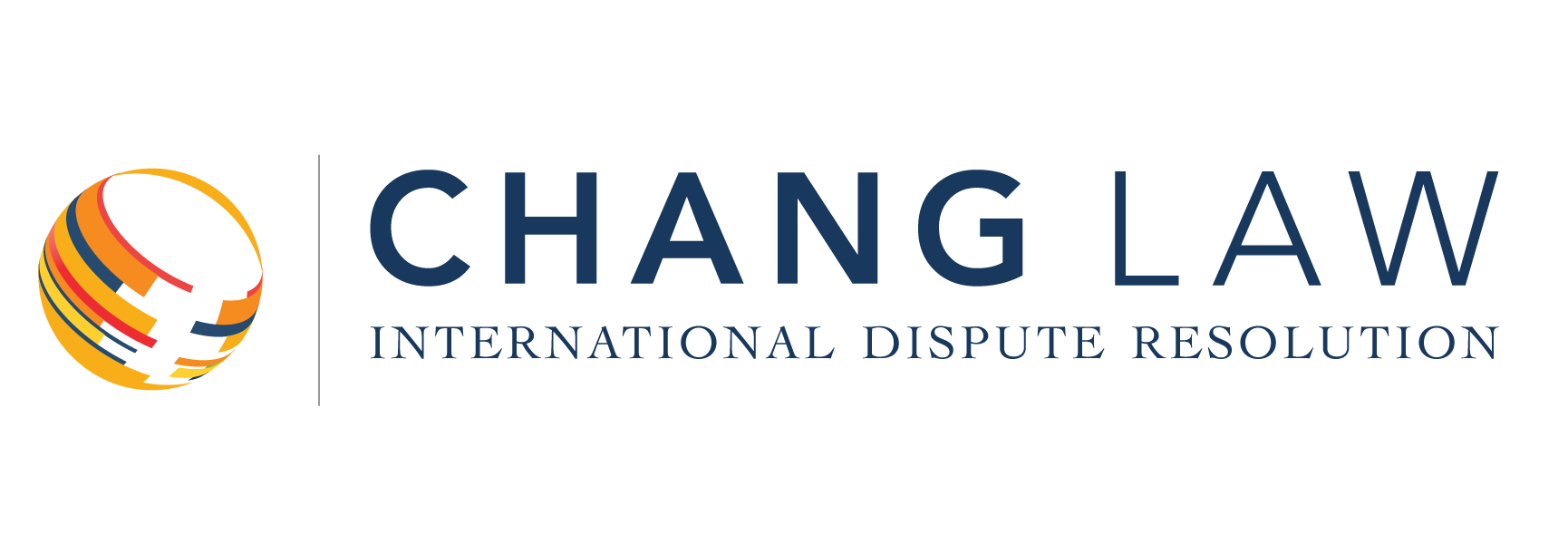
28 USCS § 1782 is a US federal statute which permits parties to seek discovery of documents and other items in US federal courts, for use in proceedings based outside of the US. A recent case, Abdul Latif Jameel Transp. Co. v. FedEx Corp, 2019 U.S. App. LEXIS 28348 (“FedEx Corp.”) creates a split, or disagreement, amongst influential Circuit Courts (federal courts of appeal) about whether the statute applies to international arbitrations seated outside of the US.
Last week, the Sixth Circuit Court of Appeals in FedEx Corp. answered in the affirmative, authorizing the use of 28 USCS § 1782 to apply to private international arbitrations seated in Dubai (under the auspices of the DIFC-LCIA) and Saudi Arabia.
The aim of § 1782 is to provide assistance to international litigants in foreign courts and encourage other courts to do the same in return. The original statute was enacted in 1948, and underwent multiple revisions. Originally, the statute permitted depositions “…to be used in any judicial proceeding pending in any court in a foreign country.” The text was updated in a 1964 revision to allow broader discovery than just depositions.
Crucially, the 1964 revision also changed the term “judicial proceedings” to “foreign or international tribunals.” This revision caused courts to grapple with the question of what sorts of proceedings might qualify as “foreign or international tribunals”. In the Second Circuit (the federal appellate court covering, inter alia, the influential jurisdiction of the Southern District of New York), NBC v. Bear Stearns & Co., 165 F.3d 184 (2d Cir. 1999) determined that Congress did not intend to apply § 1782 in private arbitration disputes. In the same year, the Fifth Circuit agreed in Republic of Kazakhstan v. Biedermann Int’l, 168 F.3d 880 (5th Cir. 1999).
Nearly twenty years later, FedEx Corp. diverges from the Second and Fifth Circuit’s approach. The determination by the Sixth Circuit relied on the principal US Supreme Court case and authority on the matter, Intel Corp. v. Advanced Micro Devices, Inc., 542 U.S. 241 (2004). While Intel did not specifically address the same issue here, it determined that the Commission of the European Communities qualified as a “foreign or international tribunal” because, amongst other reasons, it acted in the first-instance on the case. Additionally, the Court quoted in dicta a Columbia Law Review article by Hans Smith stating that arbitral tribunals were considered as a proper “tribunal” under § 1782.
In FedEx Corp., both parties relied on Intel to argue for and against application of § 1782 to the underlying international arbitrations. FedEx pointed at the fact that Intel suggests tribunals must be state-sponsored by either national or international government. However, the court noted that at the same time, Intel did not contain any boundaries as to types of tribunals because that was not the question at hand.
Because there now exists a split between the Circuit Courts on this matter, the issue may make its way up to the US Supreme Court. The implications of § 1782 have potentially worldwide reach for users of international arbitration. Indeed, it is not strictly necessary that one of the parties be a US party for the statute to apply. Parties who maintain a physical presence (e.g., witnesses subject to deposition) and/or documents (to include digital documents held on servers based in the US) may be subject to discovery requests under § 1782. The matter is further complicated by the split in the Circuit Courts, as different jurisdictions will take different approaches to the applicability of the statute to arbitrations seated outside of the US.
For more information on § 1782, contact the author at [email protected].
